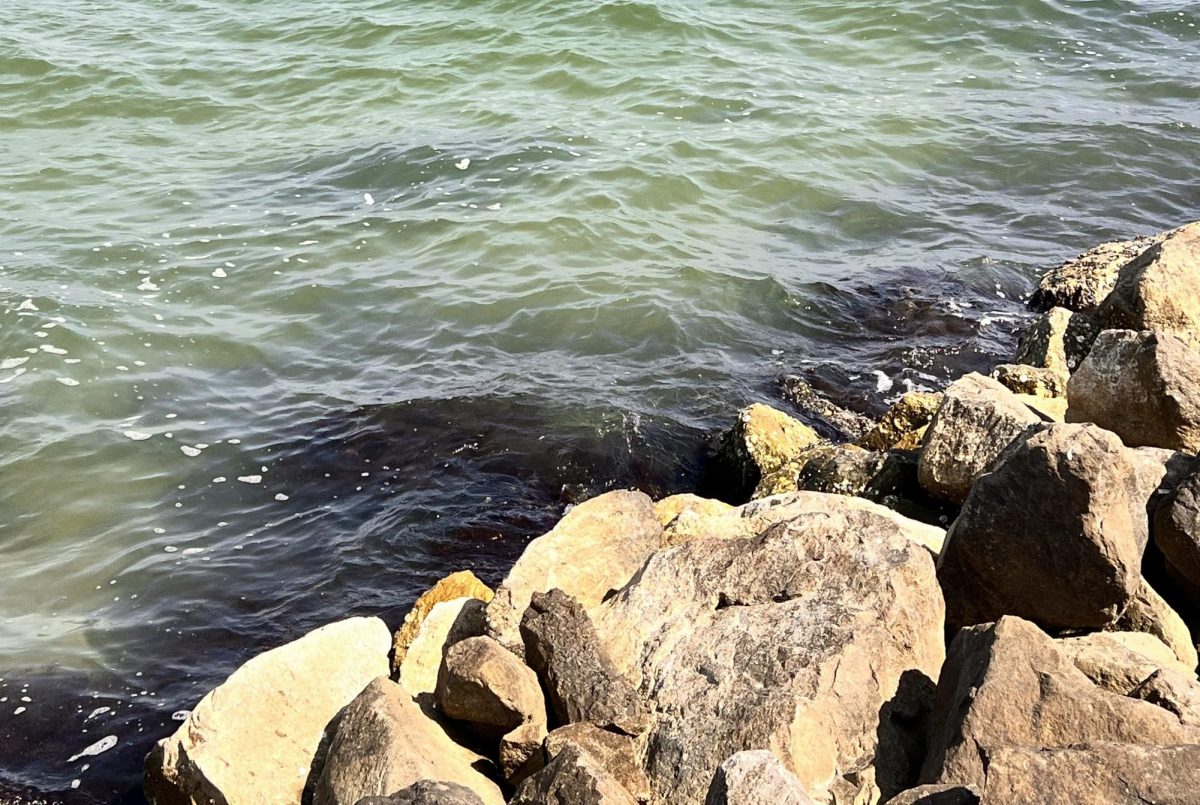 Throughout the years bottled water has been put down, from its cancer scares to its harmful effects on the environment. It has been said that women should not drink from a plastic water bottle that has been left in a car in the heat due to a possible increase in risk of breast cancer. There have been speculations that heat exposure to the bottle may cause it to release harmful gases of which have very negative effects, such as breast cancer. These gases consist of BPA and DHEA.
Throughout the years bottled water has been put down, from its cancer scares to its harmful effects on the environment. It has been said that women should not drink from a plastic water bottle that has been left in a car in the heat due to a possible increase in risk of breast cancer. There have been speculations that heat exposure to the bottle may cause it to release harmful gases of which have very negative effects, such as breast cancer. These gases consist of BPA and DHEA.
These accusations have been said to have been made by a student of the University of Idaho in his master’s thesis. He claimed to have found traces of DHEA in samples of reused water bottles that he had been working with. And although these claims have not been challenged, it is believed that his findings may have just been a result of a contamination in the lab he was working out of, and that water bottles are actually made of a chemical called polyethylene terephthalate (PET).
PET has not been found to have any sort of toxins even when exposed to extreme heat or used more than once. Clear, soft, plastic bottles with the number one at the bottom of it are usually products of PET. Although those bottles may not be hazardous, there are products containing BPA which can usually be found in hard colored plastic products, and have a number seven on the bottom. It is very controversial on whether or not BPA is hazardous, but a group of scientists are concerned that it may promote breast cancer and/or cause problems in developing fetuses.
Aside from cancer-causing concerns, water bottles are also frowned upon due to their harmful effects on the environment. Water bottles affect the environment in various ways- the excessive use of oil needed to produce the bottles their contribution to a never ending cycle of plastic waste, and the air pollution created by the transportation vehicles used to transport the bottles. Overall, it is probably best to stick to tap water to avoid any health risks and to keep the environment nice.

















